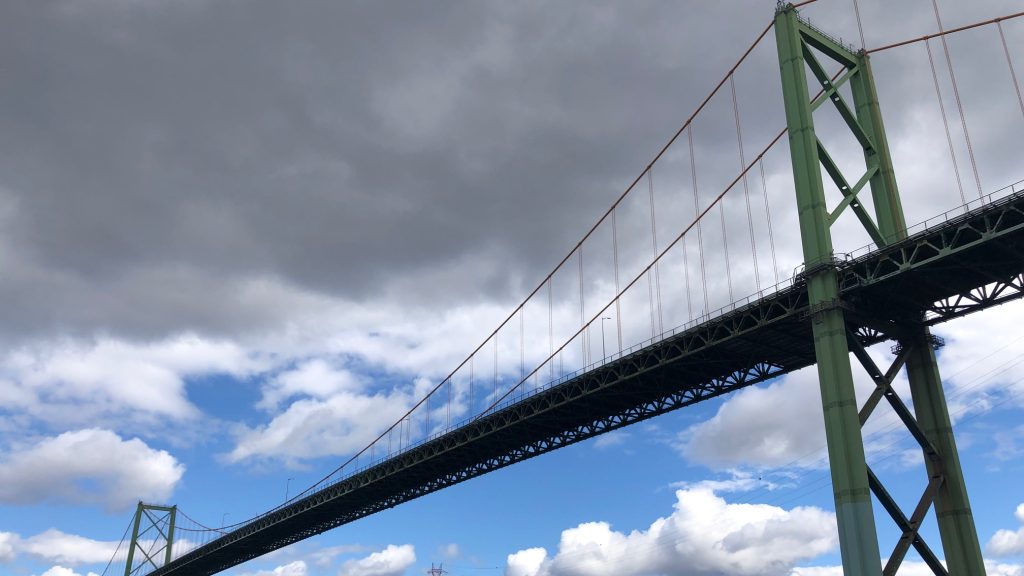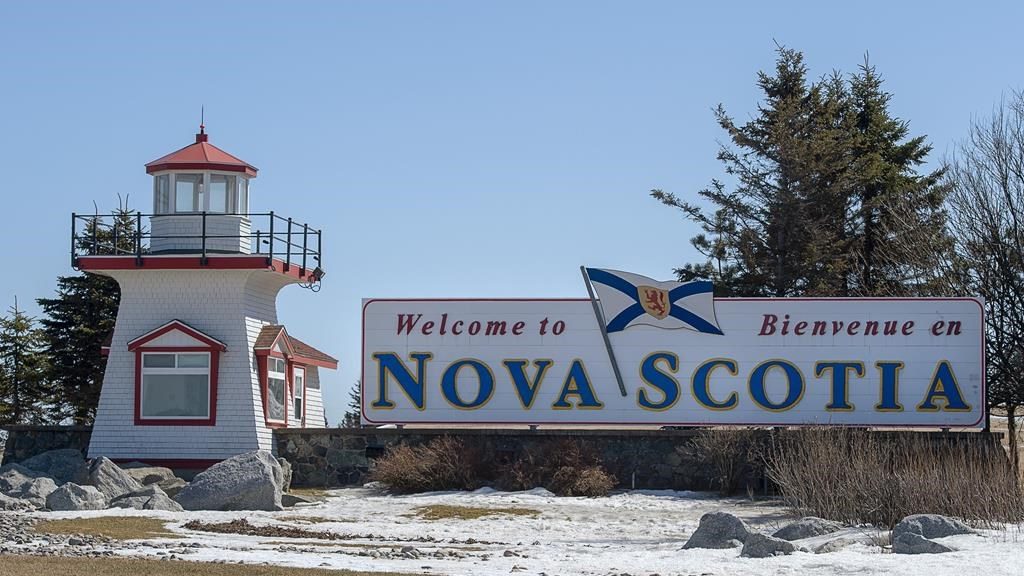Washington hears of Plan B for exporting oil: an ‘Arctic Gateway’
Posted Sep 30, 2014 04:37:24 PM.
This article is more than 5 years old.
WASHINGTON – With pipeline plans facing opposition in the West, the East, and the South, a Canadian premier is in the U.S. this week promoting an alternate route for exporting oil: the North.
The premier of the Northwest Territories has been in the American capital promoting an “Arctic Gateway” to carry oil through his region to international markets.
Bob McLeod has promoted the plan in meetings with Exxon Mobil, the American Petroleum Institute, Canadian diplomats, and in appearances before two Washington think-tanks with numerous members of the Obama administration in attendance.
He told one audience Tuesday that pipeline projects are being stalled everywhere — and not just with the famous Keystone XL example that Americans keep hearing about.
“In Canada it’s become a real problem to get pipelines approved,” McLeod told a packed conference room at the Center for Strategic and International Studies.
“There’s the Northern Gateway pipeline, the expansion of the Kinder Morgan, there’s the Keystone XL pipeline. Even within the provinces we can’t go through our own provinces…
“If we can’t go south, and we can’t go west, and we can’t go east, we have no choice but to go north.”
He explained in a separate interview that there could be initial shipments by summer 2015. An existing rail line would carry oil to Hay River, and then an existing barge system would ship it to Tuktoyaktuk, to be loaded onto tankers on the Beaufort Sea and shipped anywhere in the world.
He said that could keep running for about five months a year, at first. The second and third phases, he said, would include additional infrastructure, the reversal of an old pipeline, and finally, within five years, the construction of a brand new pipeline from Fort McMurray to Tuktoyaktuk that could export oil all year round.
The premier noted that the Alberta government had commissioned a feasibility study, with his blessing, that confirmed the technical viability of the plan.
One author of that study, however, said it’s about so much more than creating an alternate route for Alberta’s oil.
Building up Arctic energy infrastructure would help unlock the vast economic potential of the North, while encouraging a renaissance in research and development in the oilpatch farther south, said Scott Tiffin of Canatec Associates International Ltd.
The May 2013 report, which Tiffin co-authored for the Alberta government, compared the concept to the Panama or Suez canals, as a precursor to a revolution in global logistics.
“Alberta has now retreated into a focus on oilsands, oilsands, oilsands or oilsands. We’re not realizing that, in fact, they led the world in Arctic offshore marine technology. It’s been forgotten. But it needs to be remembered,” Tiffin said.
“This could have enormous, sustainable, long-term benefits for the North — transforming it, basically, from a backwater in economic and political terms into a global player in the world.”
If an Arctic expansion were managed slowly and smartly, instead of being used to pump out as much bitumen as possible as quickly as possible, the ultimate production potential would be “unlimited,” he added.
In an interview, McLeod concurred that his own interest in an Arctic Gateway is stoked by the possibility it could open up his territory to exploration and investments.
On the environmental side, however, there’s no infrastructure to respond to an oil spill in the Arctic, warned David Hayes, a former U.S. deputy secretary of the interior under President Barack Obama.
Environmental groups are already promising stiff resistance.
Greenpeace Canada predicted a repeat of pipeline battles in the south: the idea might start with support from local governments, and there’s excitement about economic spinoffs, but then residents realize there’s little long-term benefit in being on a pipeline path, opposition grows, and politicians get cold feet.
“This pipeline is going to face all the same problems all the other ones have — along with some new things around the risk of just trying to build a pipeline across melting permafrost, and dealing with bringing super-tankers through the Arctic Ocean,” said Keith Stewart, a researcher at Greenpeace Canada.
“This will face enormous opposition.”
He called the plan a sign of an increasingly desperate oil industry: “This really is a crazy idea. We’re looking at the melting of the Arctic, so let’s build a pipeline there and bring in supertankers? It’s a recipe for disaster.”










